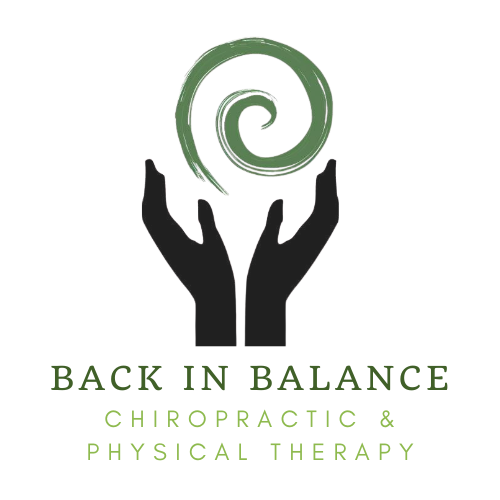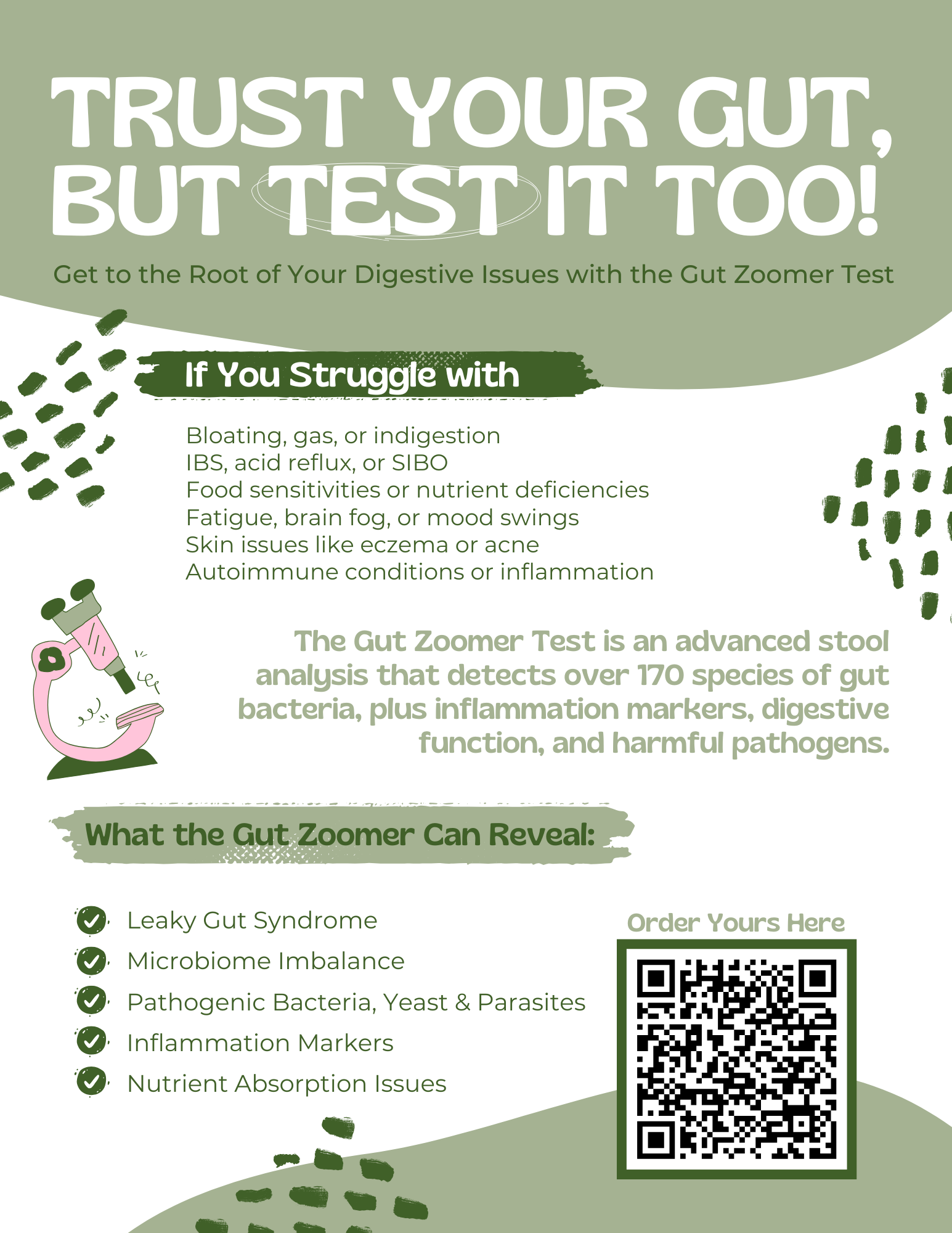Gut Health & Allergies: The Hidden Connection

Have you ever wondered why some people breeze through allergy season while others seem to battle constant sneezing, congestion, and rashes? Here’s a surprising truth: your gut health could be the missing piece of the puzzle.
Today, we’re diving into the fascinating connection between your gut and allergies—and how natural approaches can help you feel better from the inside out.
The Gut-Immune System Connection: Why It Matters
Did you know that about 70–80% of your immune system is located in your gut? Your gut is home to trillions of microbes—an ecosystem known as the gut microbiome—that works around the clock to train your immune system.
When your gut is healthy, it helps your immune system recognize what’s harmful (like viruses) and what’s harmless (like pollen or certain foods).
But when the gut falls out of balance, it can send your immune system into overdrive, triggering allergies and sensitivities.
A healthy gut = a balanced immune response.
An unhealthy gut = a recipe for allergic chaos.
How Gut Imbalances Trigger Allergies
When the gut microbiome becomes imbalanced, a condition known as dysbiosis, it can:
- Increase inflammation throughout the body
- Trigger the release of histamine, the chemical responsible for allergy symptoms like sneezing, hives, and congestion
- Lower immune tolerance, making your body more sensitive to harmless substances
An unhealthy gut doesn’t just affect digestion—it can play a starring role in the intensity and frequency of your allergic reactions.
Leaky Gut Syndrome: Opening the Door to Allergies
Your gut lining is designed to act like a tight security system, allowing only nutrients to pass through into your bloodstream.
But when the gut lining becomes compromised, a condition called leaky gut, particles like undigested food, toxins, and bacteria can slip through.
Your immune system sees these intruders as threats and responds with inflammation, which can worsen allergy symptoms and trigger new sensitivities.
Histamine, Gut Bacteria, and Allergic Reactions
Here’s another twist:
Some gut bacteria help break down histamine, while others produce it.
If you have more histamine-producing bacteria—or if your body struggles to break histamine down—you might experience symptoms that mimic allergies, such as:
- Sneezing
- Itchy, watery eyes
- Hives and skin rashes
- Digestive discomfort (like bloating or diarrhea)
This can create a confusing cycle of allergy-like symptoms even when there’s no clear trigger.
Signs Your Gut Might Be Fueling Your Allergies
If you’re experiencing any of these symptoms, it could be a clue that your gut needs some attention:
- Frequent colds or infections
- Food sensitivities
- Skin issues like eczema or hives
- Digestive problems like bloating, gas, or IBS
- Worsening seasonal allergy symptoms
The good news? You have the power to support your gut—and reduce allergy misery—naturally.
How to Heal Your Gut and Find Allergy Relief
Ready to get started? Here’s how:
1. Restore Your Gut Microbiome
- Enjoy fermented foods like yogurt, kimchi, sauerkraut, and kefir.
- Add a probiotic supplement (look for strains like Lactobacillus and Bifidobacterium).
2. Reduce Inflammation
- Cut back on processed foods, refined sugar, and excessive dairy.
- Load up on anti-inflammatory foods like turmeric, ginger, leafy greens, and omega-3s.
3. Repair the Gut Lining
- Sip on bone broth, add collagen, and consider supplements like aloe vera and L-glutamine.
- Feed your good bacteria with prebiotic foods such as garlic, onions, bananas, and asparagus.
4. Balance Histamine Levels
- If you’re sensitive to histamine, limit alcohol, aged cheeses, and certain fermented foods.
- Boost your body’s histamine breakdown with vitamin C and quercetin-rich foods (like apples, onions, and berries).
5. TEST, Don’t Guess
- Take the Gut Zommer test to get a full picture of your gut microbiome health, and then go over the results with Dr. Nicole and get a personalized plan
Lifestyle Habits That Support Gut and Allergy Health
Healing your gut isn’t just about what you eat, it’s a whole lifestyle approach:
- Manage stress: Chronic stress disrupts gut health and immunity.
- Prioritize sleep: Quality sleep helps keep your microbiome balanced.
- Stay hydrated: Water flushes toxins and supports digestion.
- Move your body: Regular exercise strengthens your gut and immune system.
Take Control of Your Allergies—Naturally
Your gut and your allergies are deeply connected, but small, consistent changes can lead to big improvements.
Start with one simple step today: maybe adding a daily probiotic, trying a fermented food, or swapping processed snacks for anti-inflammatory ones.
Your journey to better gut health—and easier breathing—can begin right now.




